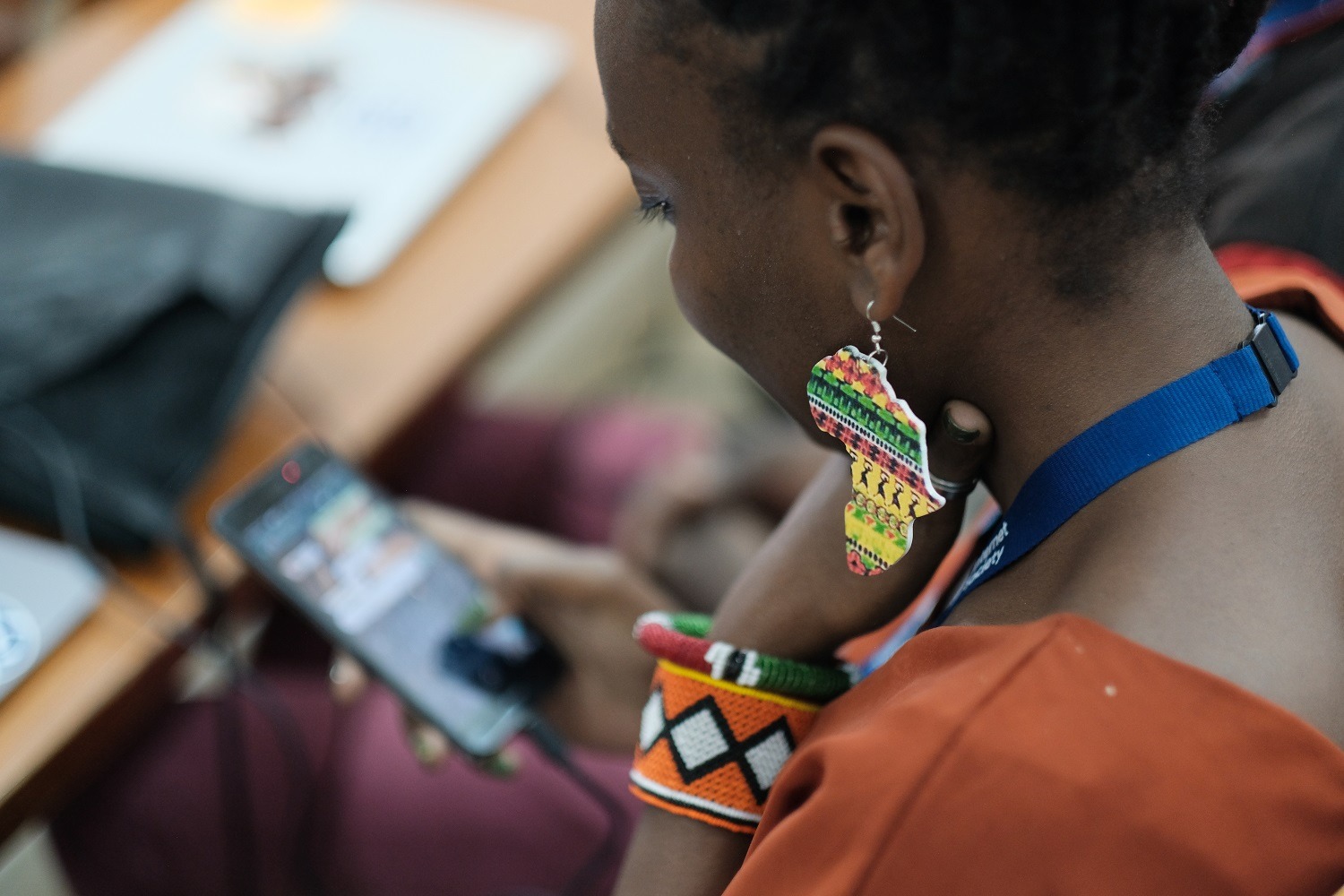Ten years ago the peering community came up with a vision: We wanted 80 percent of Internet traffic to be localized by 2020. I must admit, over the last decade there were times I wondered if it was possible.
But Kenya and Nigeria have just proven that it is – all thanks to the help of Internet exchange points (IXPs). A new report, Anchoring the African Internet Ecosystem: Lessons from Kenya and Nigeria’s Internet Exchange Points Growth is a case study on how they did it.
What Changed in Kenya and Nigeria
In just eight years a dedicated community helped Kenya and Nigeria to boost the levels of Internet traffic that is locally exchanged from 30% to 70%.
That happened because of a vibrant community of people united around a common cause: bringing faster, cheaper, and better Internet to their neighbours. They did this by focusing on their local Internet ecosystem that is dependent on the IXP.
Building an IXP takes humans and tech. We often say it takes 80% human engineering and 20% network engineering. It certainly is no easy task. Building a strong local Internet community facilitates this collaboration and results in neutral, even, and good local governance and understandings.
Why IXPs Matter
In Africa, too much of our Internet traffic has to travel too far. This results in higher costs and slower speeds, especially compared to Europe.
IXPs are like markets, malls, or international airport hubs. They attract and bring large and small traders or airlines closer to a location which results in better experiences and at a lower cost for those who are near such facilities.
According to the African IXP Association, there are 46 active IXPs across 34 African countries. South Africa has the most, with six IXPs, followed by four in Tanzania and three in Nigeria.
IXPs are a critical piece of technical infrastructure that help improve Internet access by keeping local Internet traffic localized and, because of that, faster and more affordable. IXPs are anchors for the Internet ecosystem and the key to unlocking the potential of the Internet in Africa. But to truly work and be effective long term, they need people: Engineers, service providers, content developers, and supportive government officials, who share the belief that a strong, collaborative community can leverage the Internet ecosystem on the local IXPs.
See the Difference They Made in Kenya and Nigeria
We started to follow the story of IXPs in Kenya and Nigeria eight years ago. It can be found in this 2012 report.
In addition to the ratio of localized traffic flipping from 30% local/70% international in 2012 to 70% local/30% international today, there were also cost savings. In Kenya, KIXP grew from carrying peak traffic of 1 Gigabit per second (Gbps) in 2012 to 19 Gbps in 2020, with cost savings quadrupling to USD six million per year. In Nigeria, IXPN grew from carrying just 300 Megabits per second (Mbps) to peak traffic of 125 Gbps in 2020, and the cost savings increased forty times to USD 40 million per year.
(You can see more differences here.)
Eighty For Africa
While the rapid pace of Internet ecosystem development in both Kenya and Nigeria since 2012 underscores the important role played by IXPs, this could not have been possible without stakeholder relationship building, infrastructure development, fostering community mobilization, collaboration, trust, and capacity building.
In my time in working as part of the Internet community, I always find myself humbled by the incredible people who are making a difference where they live.

